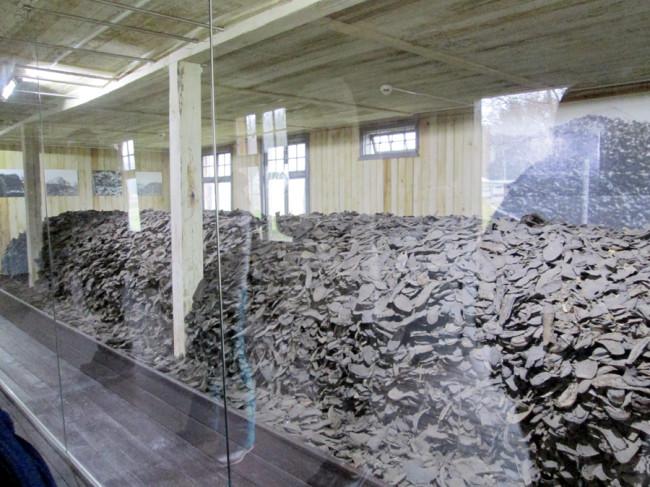
Educating students and members of the global community to understand, promote and defend human rights as responsible citizens of the world stands as the mission of the Embrey Human Rights Program at Southern Methodist University.
SMU is one of five universities in the U.S. to offer both a major and a minor in human rights.
“Our major and minor continue to be among the fastest growing offerings on campus,” said Embrey Human Rights Program Assistant Director Bradley Klein.
The program’s first goal is to create transformational academics. Students who graduate from the program have gone on to work in nonprofit organizations, governmental bodies, educational institutions, law, business and other public leadership and service vocations.
The second goal of the program is to promote meaningful travel.
“We have always made human rights travel a top priority,” Klein said. “It is our belief that students gain a better understanding of the atrocities committed by humanity, and the opportunities for making the world better when they encounter them in person.”
The program has recently traveled to Australia, El Salvador, France, Poland and Rwanda. The next trip will be to Israel in August 2014.
The third goal is impactful outreach. The program pursues awareness events and activist initiatives in the Dallas community each semester. Two Human Rights programs, Community Outreach Fellowship and a Human Rights Research Fund, are offered to promote applied learning.
In the past year, the program has pressed for immigration and capital punishment legislation, delivered events on women’s rights and citizenship processes — including presenting “Know Your Rights” workshops for day laborers — called for justice in the Santos Rodriguez murder and hosted the national launch of Edwin Black’s “Financing the Flames.” They are also presenting a major international conference on the persecution of minorities in partnership with South Asia Democracy Watch.
“The program hopes to attract any student who wants to seek a life of impact and meaning,” Klein said. “Every student, regardless of background, course of study, career goals, or ability, is welcome and encouraged to become a part of what we do.”
The program motto is, “There is no such thing as a lesser person.”
“Students who are passionate about justice, students who care about making their campus and world better, students who believe they are called to something bigger, we hope to attract all these types of students,” Klein said. “We are particularly interested in helping students use creative expressions and art in the quest for
social change.
The program’s outreach efforts seek to defend the rights of all people and build global awareness by connecting with partners working throughout the nation and the world.
“We support activism that makes the Dallas Metroplex a fairer and safer place to live,” Klein said.
To promote its basis of applied learning, the program offers a Community Outreach Fellowship and a Human Rights Research Fund.
The Community Outreach Fellowship program was developed in response to a lack of dedicated space for human rights education at SMU, in Dallas and throughout the South.
“It was started to prepare the next generation of scholar activists to carry forward the torch of human rights work into every corner of the globe,” Klein said. “It was also meant to challenge the university community to project constructive leadership into society and transform Dallas into a beacon of direction and hope.”
It all started in 1990, when program Director Rick Halperin began teaching human rights courses in Dedman College Department of History. Then trips to Poland began and within 10 years SMU alumna Lauren Embrey joined the trip to Poland.
The Human Rights program was then founded with a $1 million gift from sisters Lauren and Gayle Embrey. In 2007, an undergraduate minor in human rights was launched and a Bachelor of Arts degree in Human Rights followed in 2012.
“One of the most wonderful things about studying human rights is that it will be relevant to anything a student goes on to do in life,” Klein said.








